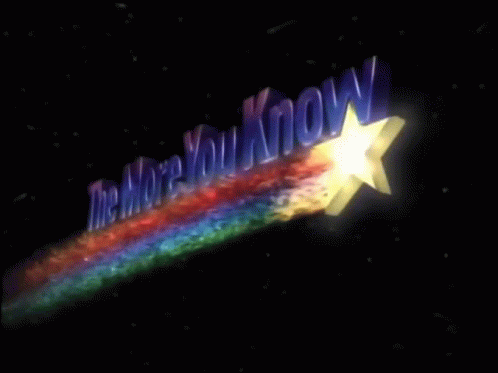“
The 1920 census marked the first time that urbanites made up a majority of the nation’s population, and city dwellers weren’t humble about their ascendance. New magazines like H. L. Mencken’s
The American Mercury (founded in 1924) and, indeed, this one (founded in 1925) touted metropolitan virtues with more than a touch of snobbery. “
Main Street,”
Sinclair Lewis’s best-selling novel from 1920, captured the tone. “There was no dignity” in small-town life, its protagonist reflects, only “a savorless people, gulping tasteless food, and sitting afterward, coatless and thoughtless, in rocking-chairs prickly with inane decorations.”
“. . .
historian Steven Conn. . . argues that the
rural United States is, in fact, highly artificial. Its inhabitants are as much creatures of state power and industrial capitalism as their city-dwelling counterparts. But we rarely acknowledge this, Conn writes, because many of us—urban and rural,
on the left and the right—‘don’t quite want it to be true.’”
“
Settlers styled themselves as pioneers who had won their land with their bare hands. This is how it went in “Little House on the Prairie,” with the frontier family racing ahead of the law to seize Indian property. (“Little Squatter on the Osage Diminished Reserve” would have been a more accurate title, the literary scholar Frances W. Kaye has archly suggested.)
Yet in the end land ownership came, directly or indirectly, from the state. The Homestead Act of 1862, along with its successors, gridded up
and gave away an area the size of Pakistan. And although homesteading sounds like a relic from the sepia-toned past,
its most active period came, the historian Sara Gregg has pointed out, in the twentieth century. The final homesteader got his land in 1988.”
“In truth,
the ostensible norm, household farming, was a transitional phase—surprisingly brief, in many places—between Indigenous and industrial.”
“
If small, rugged farms have not filled the countryside, what has? . . . For the past century, rural spaces have been preferred
destinations for military bases, discount retail chains, extractive industries, manufacturing plants, and real-estate developments.”
“Rural people are a fifth of the population yet punch well above their weight in elections. The constitutional allocation of two senators for every state gives low-density states outsized representation.”
New Yorker
Did a lot of driving this summer, mostly for pleasure, and the countryside is full of Dollar Generals — from plains to sea — all across the country. I have a place near farmland too, and, yes, I prefer the quiet to that of city life, but
financial life is bleak for its mostly non-farm working people, with four or five dollar stores to support everyone in the area. Yet, as the article quoted above indicates, we still see rural life through rose colored glasses, harkening back to a time that was short in years: 1930’s rural life. Time for us
and them to wake up — we are in this together,
and our differences in
ideology boils down to a couple of questions.


